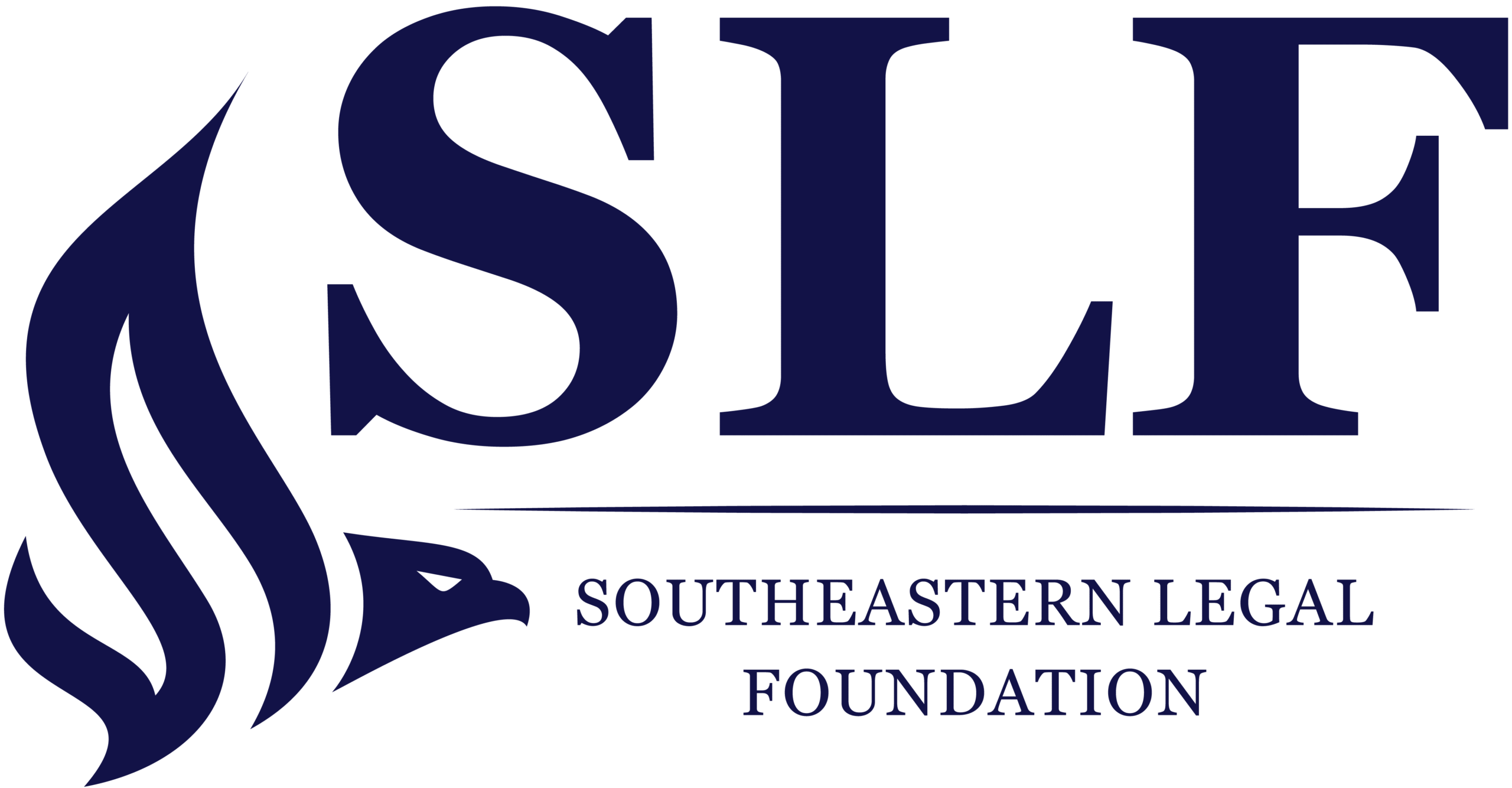Southeastern Legal Foundation (SLF) filed an amicus curiae brief with the United States Supreme Court in support of Gabriel Olivier, a speaker who faces punishment for taking to the public square to speak with no way to challenge the censorship. The Fifth Circuit Court of Appeals is refusing to let Mr. Olivier challenge a local ordinance criminalizing his speech because he was already convicted under the law for speaking. This sets dangerous and confusing legal precedent for anyone wanting to stand up to government censorship, and Supreme Court intervention is urgently needed to resolve this confusion.
Read More
Mr. Olivier is a preacher who often speaks in public areas, including outside of a local amphitheater. His city passed an ordinance banning speakers from gathering near the amphitheater, forcing speakers to move to a “protest area” and placing other limits on how speakers could convey their message. But because moving would isolate and limit Mr. Olivier’s ability to reach his audience, he went back to the amphitheater to preach.
Mr. Olivier was charged with violating the ordinance and pled no contest. He paid the fine for violating the ordinance and did not appeal his criminal conviction.
Now, Mr. Olivier wants to sue the city for violating his First Amendment free speech rights. But the Fifth Circuit won’t let him. The court held that even though Mr. Olivier is certain to be charged with violating the ordinance again if he goes back to speak at the same location, he cannot bring a free speech claim against the city because he was already convicted under the law.
In other words, the court held that if someone is convicted under a law, they cannot file a free speech lawsuit challenging the law, even if the law was unconstitutional from the start.
As SLF explains in its brief, this makes no sense. Someone who has been convicted for speaking in violation of an ordinance is the perfect person to challenge the ordinance under the First Amendment. That is because courts often require plaintiffs to show that a threat of harm exists if they were to engage in speech. Nothing is more threatening than criminal charges, yet Mr. Olivier—who has already proven that criminal charges will occur for speaking—is barred from bringing a First Amendment lawsuit.
SLF also points out that this case is a perfect opportunity for the Supreme Court to resolve some underlying free speech issues that have been plaguing lower courts. Some courts view free speech as the cornerstone of our Constitution and encourage speakers to take to the public squares to engage in open discourse. Other courts effectively close down the public squares by letting local governments use overbearing laws to limit access to the squares. In doing so, speech in America is silenced.
SLF is urging the Supreme Court to take up Mr. Olivier’s petition to resolve confusion among the lower courts and affirm the time-honored tradition that Americans’ free speech rights are most protected in public places.
